The draft law was accepted by the Georgian parliament, which sparked protests, and a statement about it was made by Josep Borrell, the EU's High Representative for Foreign Relations and Security Policy.
According to Borrell, who called the bill's passage "a very bad development for Georgia and the Georgian people," the law's current iteration would have a negative effect on many Georgians as well as non-governmental and media organizations.
Borrell remarked, "The standards and values of the EU are not adhered to by this law. The majority of Georgians support Georgia's desire to join the EU, which is incompatible with the law. The law's final approval could have a significant impact on our relationships "used the expression.
According to Josep Borrell, they urge Georgia to uphold democracy, the rule of law, and human rights, and they assert that the populace has the right to organize nonviolent protests.
The opposition People's Power Party, which included some lawmakers who had previously defected from the ruling Georgian Imaginary Party, presented a draft law to the legislature, and it was approved.
A fight between the deputies occurred during the bill's parliamentary debate, which the government supported and other opposition parties opposed. The bill was opposed on the grounds that it would harm European integration by being similar to the Law on Foreign Agents in Russia, according to representatives of some opposition parties.
After the bill was approved on March 7, protests and other activities took place in front of the parliament.
The draft law stipulates that organizations that receive more than 20 percent of their financial funds from abroad should register as "foreign representatives", and organizations that do not do this will be penalized.


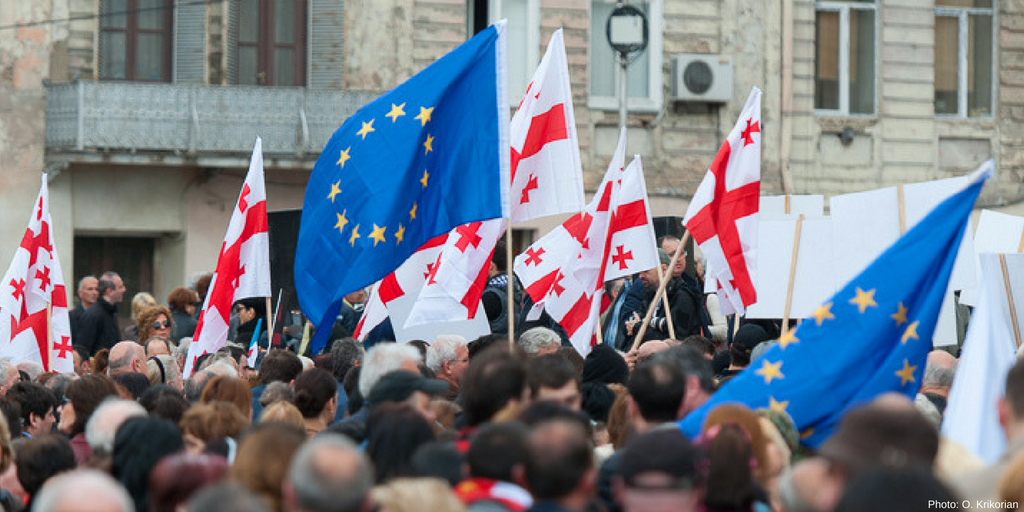
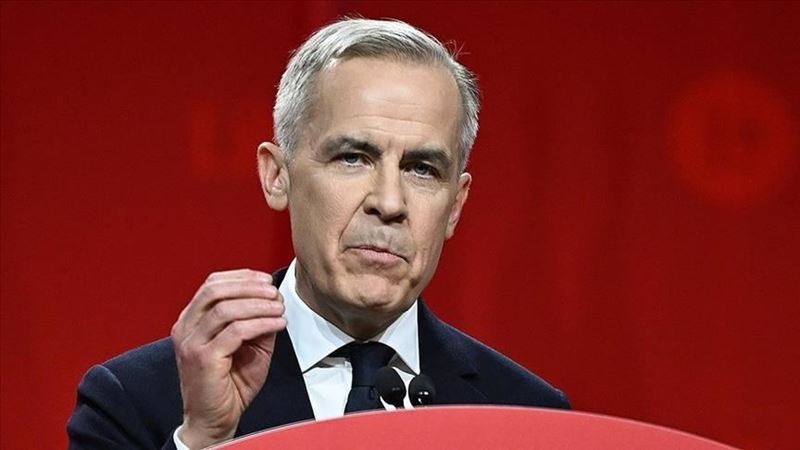
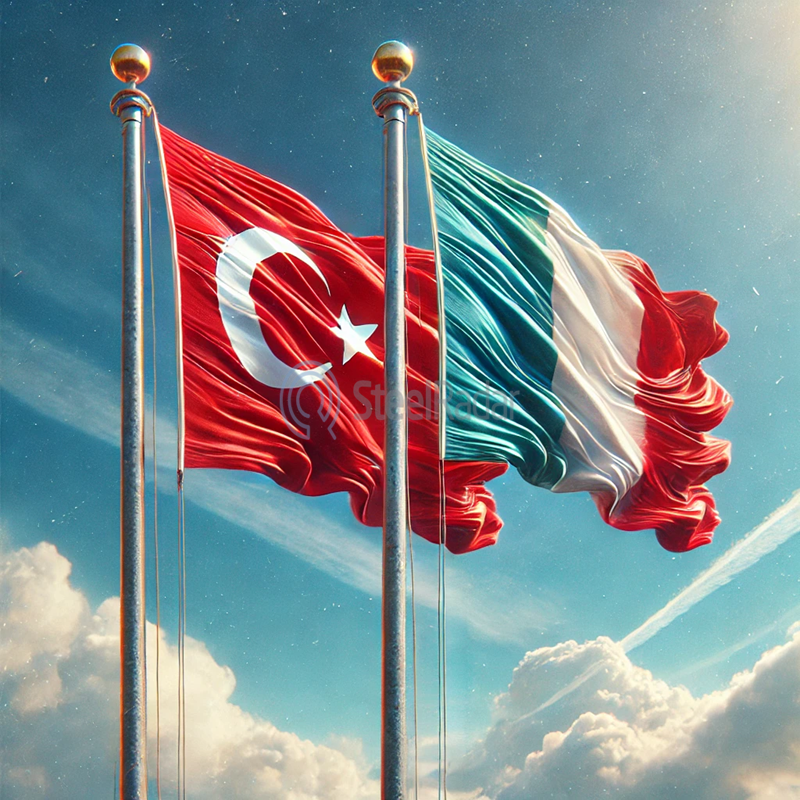
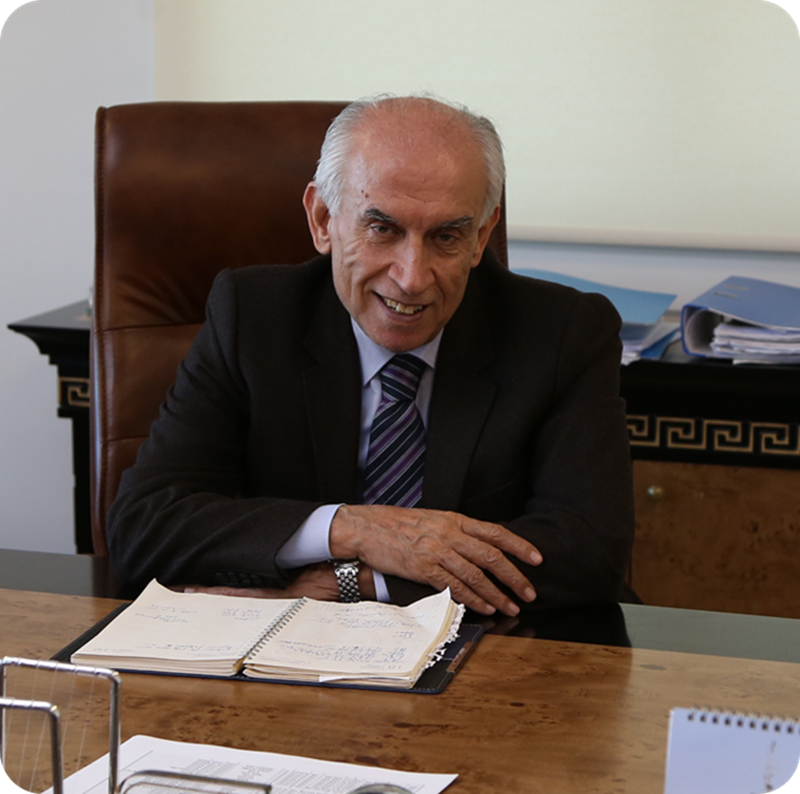
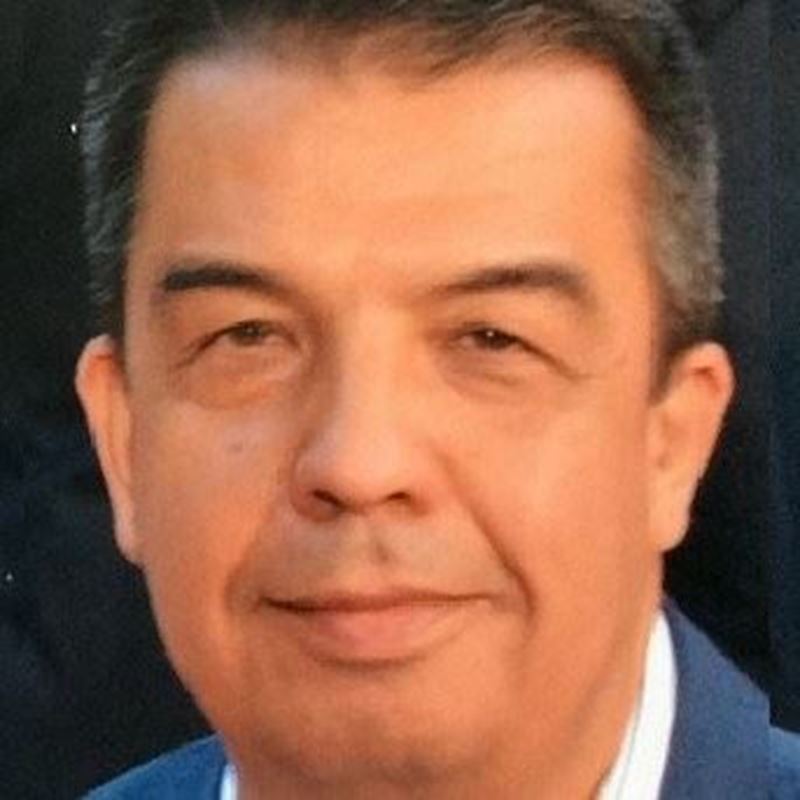


Comments
No comment yet.